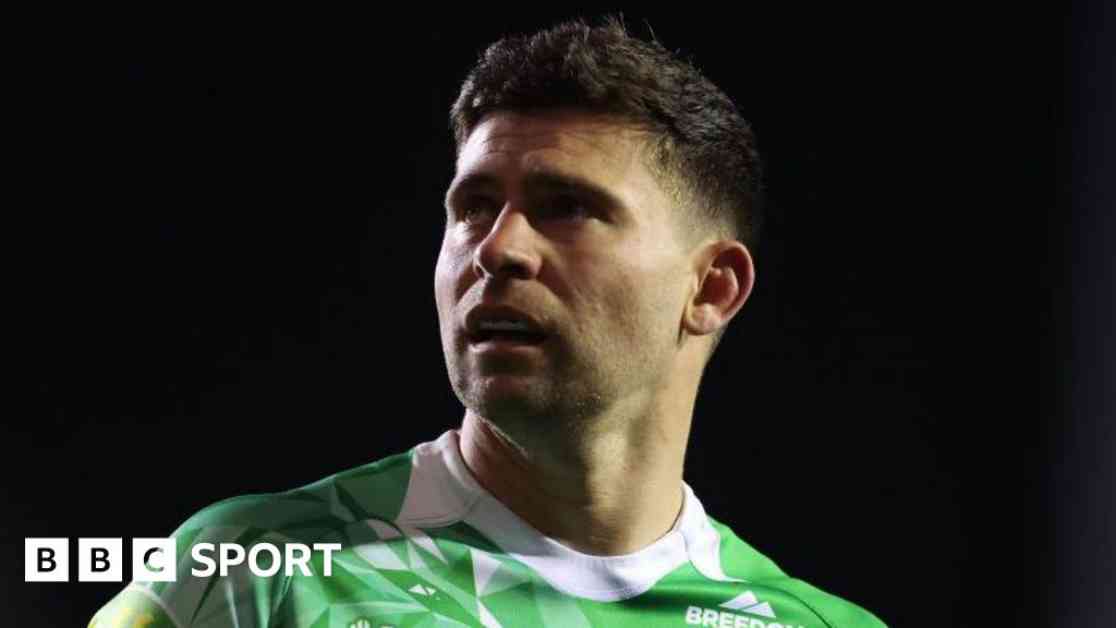Former England scrum-half Ben Youngs recently revealed that he underwent heart surgery earlier this year after experiencing a health scare during an open training session with the Leicester Tigers. The 34-year-old, who holds the record for being England’s most-capped men’s player, was diagnosed with an irregular, external, and abnormally fast heartbeat.
Youngs shared details about the incident on his For The Love Of Rugby podcast, where he co-hosts with his teammate Dan Cole. He recounted how he had to stop and lay down during the training session as his heart was pounding rapidly. Despite feeling unwell, Youngs humorously mentioned looking at the fans in the stands and thinking, “This is it, this is how I’m gonna go.”
The experienced player explained that he had been experiencing similar episodes throughout his life without realizing the seriousness of the condition. Following the incident at Welford Road, Youngs underwent surgery to address the heart issue and expressed confidence in making a full recovery before the start of the new Premiership season in September.
Having retired from international duty after the 2023 World Cup with an impressive 127 caps to his name, Youngs praised the support he received from the Leicester Tigers during this challenging time. He emphasized that the club had been incredibly supportive and proactive in addressing his health concerns promptly.
Youngs reassured fans that the surgery had a 90% success rate, indicating a positive outlook for his recovery and future well-being. He expressed optimism about returning to full fitness for the upcoming season, highlighting that the procedure should prevent any further complications related to his heart condition.
The news of Ben Youngs’ heart surgery serves as a reminder of the importance of prioritizing health and well-being, even for professional athletes at the pinnacle of their careers. It underscores the unpredictable nature of medical conditions and the significance of early detection and intervention in addressing such issues.
As fans eagerly await Youngs’ return to the field, his resilience and positive attitude in the face of adversity set an inspiring example for fellow athletes and individuals navigating health challenges. The support and care he has received from his club and the rugby community further illustrate the camaraderie and solidarity that define the sport.
In conclusion, Ben Youngs’ journey towards recovery highlights the human aspect of sports and the courage required to confront health setbacks with determination and optimism. His story serves as a testament to the importance of seeking medical attention, raising awareness about heart health, and fostering a supportive environment for athletes facing health challenges.
